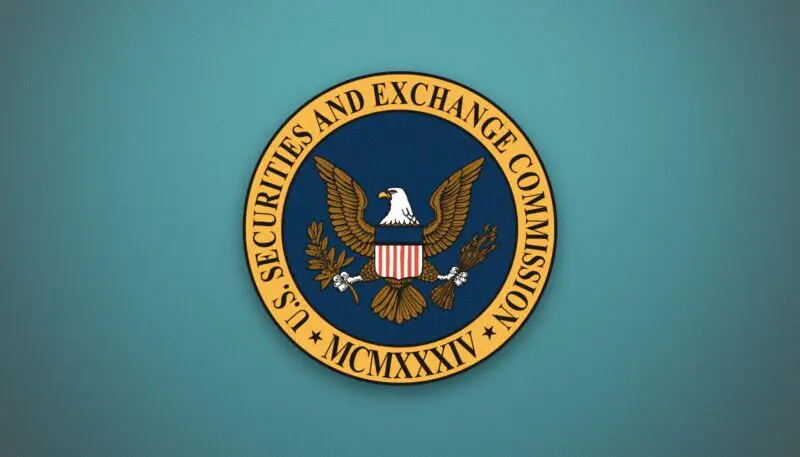New investment advisers are typically focused on creating marketable investment programs and raising capital. Legal matters are often delegated to outside counsel and the adviser’s investment in operations, staffing and compliance is often kept at a minimum to start. While this strategy may make sense on a budgetary level, new advisers need to devote some attention to inevitable operational issues in order to minimize their cost and disruption. At the top of this list is the issue of trade errors.
Trade Errors Are Not Rare
Most new advisers assume that trade errors will not occur. While such optimism is widespread, it is unjustified. All firms, across the spectrum of size, structure, and investment programs, run the risk of trade errors. New advisers, which are simultaneously implementing a multitude of business functions required for launch, typically on a tight timeline, face a higher risk of these types of operational fails. The best way for advisers to minimize the costs of trade errors is to accept that such errors occur and create a sound plan of action for when they do.
What Is a Trade Error?
Before an adviser can prepare for trade errors, it must first consider the variety of actions which constitute a trade error. Examples include: buying or selling the wrong security, buying or selling the wrong amount of a security, buying instead of selling a security, executing at the wrong price, trading in the wrong account, violating a client’s investment program or trading restrictions, duplicating trades, and allocating incorrectly among clients, among other errors.
The list of trade errors is not finite and is subject to broad interpretation. As a result, an adviser may need to consult with counsel on whether a particular trade constitutes a trade error before determining the firm’s appropriate course of action.
Who Cares About Trade Errors? Investors and Regulators!
Most new advisers tune in to the significance of trade errors through their interactions with prospective investors and regulators. A standard investor due diligence request includes the question: “Please describe in detail any trade errors you have had and how they were addressed.” Even if an adviser denies having any trade errors, it should be prepared for further questions. A typical follow-up question is: “What are the types of trade errors you would expect in this strategy and what efforts do you take to avoid them?”
If a firm has had trade errors, investors will want to understand the frequency, magnitude and causes of such trade errors, and whether the fund or the adviser bore the related losses. While an adviser may try to demur on such questions, it runs the risk of losing prospective investors. To investors, how a firm handles trade errors is a measure of the firm’s competence and integrity.
The SEC and other regulators similarly devote a significant amount of attention to trade errors. The SEC’s list of exam priorities has consistently included trade errors. This means when the SEC or other regulator comes to examine an adviser and look for compliance deficiencies, it will take actions such as: (a) requesting a list of the firm’s trade errors and how they were addressed, (b) questioning whether such errors were handled in accordance with the adviser’s policies and fiduciary duties, (c) scrutinizing trade records for unreported trade errors, (d) requiring an adviser to reimburse one or more funds for losses caused by specific trade errors, or (e) referring material violations to the SEC’s Division of Enforcement.
In sum, advisers have every incentive to be well versed in the topic of trade errors and take every action to prevent them.
What are Trade Error Best Practices for Private Fund Advisers?
While securities laws do not specifically require investment advisers to have a written policy addressing trade errors, it is the generally accepted practice. In creating a trade error policy, an adviser is expected to consider the specific investment strategies and operational systems it uses and customize the policy according to the particular risks presented. Factors to consider are: the types of securities traded, the frequency of trades, the types of counterparties used, how such trades are effected and reported, and the efficacy of operational checks at the firm, among others. Thus, an adviser specializing in high-volume automatic algorithmic trading will have very different trade error risks than an adviser who primarily manages private equity funds or hybrid hedge / private equity funds. Such firms will therefore have materially different trade error polices.
Despite the customization required for trade error policies, some common elements pervade most policies. For example, most trade error policies require that (a) a trade error be promptly reported, (b) immediate action be taken to correct a trade error, to the extent possible, (c) the adviser reimburse client losses in certain circumstances, (d) the Chief Compliance Officer or other supervisor create a detail report documenting the error and how the firm addressed it, and (e) the firm’s employees be trained on the subject.
Many advisers feel their work is done after creating their policy. However, nothing could be further from the truth. Once an adviser has created a customized trade error policy for its specific business, it must take steps to ensure that the policy is consistently followed. A firm that has a trade error policy (or other policy) which is not followed or respected risks its standing with regulators and investors, which ultimately puts its business at risk. Thus, creating a trade error policy is one of many important steps a private fund adviser must take to ensure a “culture of compliance” which protects client assets and the adviser’s business.
This article is for general information only. The information presented should not be construed to be formal legal advice nor the formation of a lawyer/client relationship.




